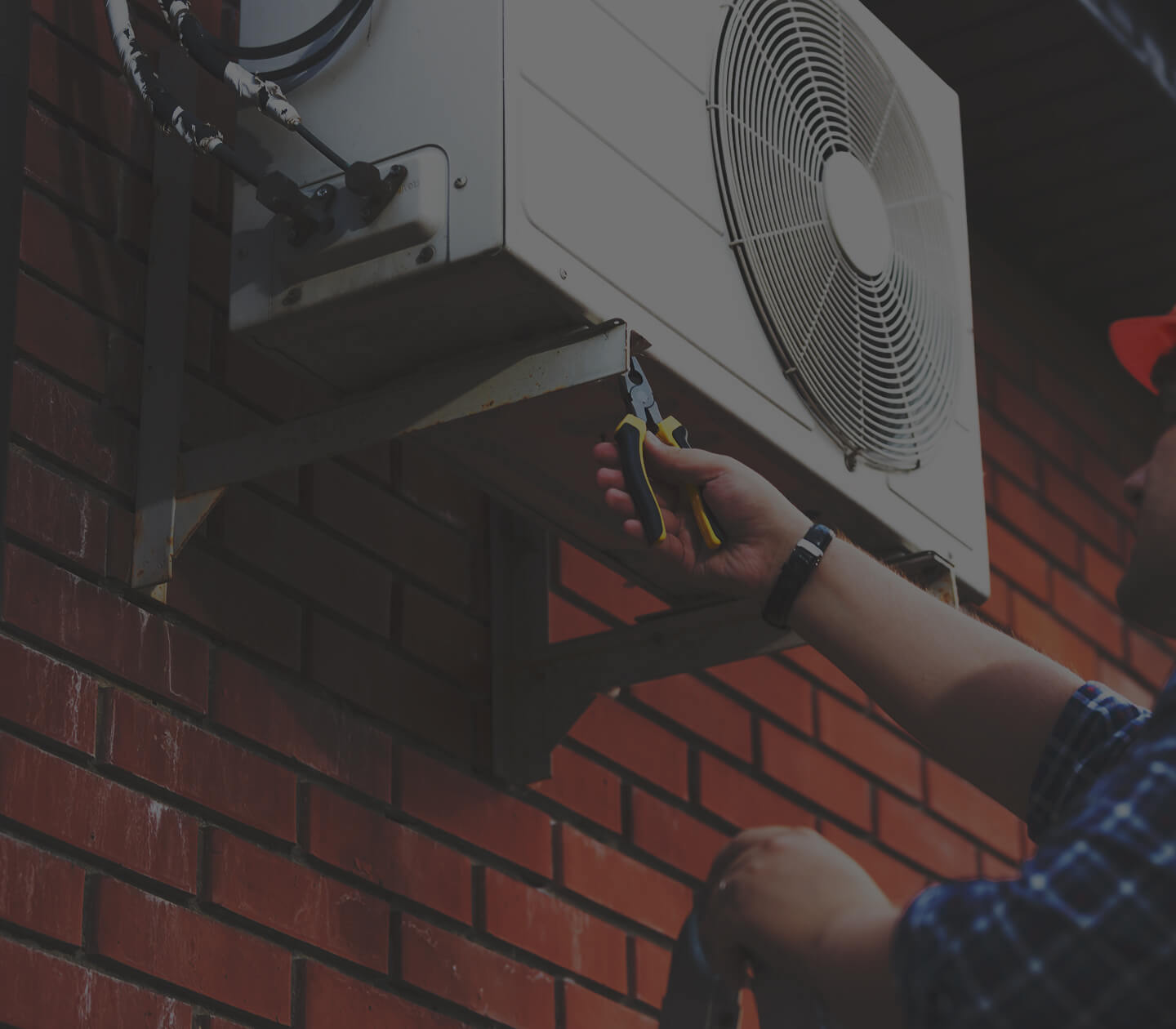As we’re transitioning into fall, it’s important to make sure that your HVAC unit is running efficiently. Temperatures will be dropping soon, and you want your home to be comfortable when the weather gets chilly. But as for now, it’s still pretty warm, and your air conditioning is still necessary. In transitioning to the next season, you may be wondering how to keep your central heat and air unit running smoothly.
Preventative Maintenance
The best way to make sure that your HVAC unit continues to run efficiently is by scheduling preventative maintenance checks. Regular maintenance is important because it gives HVAC contractors the opportunity to detect problems before they start affecting your HVAC system’s performance and, eventually, cause a breakdown. In addition to causing breakdowns, problems with the heating and cooling unit can leave the system running at less-than-maximum efficiency. This means that the system has to use more energy to keep the room at a certain temperature, increasing your electric bill. When HVAC technicians conduct preventative maintenance checks, they are able to ensure that your unit is running at maximum efficiency, which ultimately saves you money.
Our Regular Maintenance Plans
At Lee’s TemperaturePro, we offer Total Comfort Memberships which are preventative maintenance plans that include a variety of inspections, tests, and other important services. With these plans, our technicians come and inspect your heating and cooling systems as well as your ductwork twice per year. Each of these visits includes a 78-point inspection of the HVAC unit so that we can ensure your system is running as it should.
Schedule Your HVAC Maintenance
No one wants their electric bill to be higher than necessary, and no one wants to experience an HVAC system breakdown. Keep your system running efficiently this season with preventative maintenance checks! Call 337-408-1388 today and request an appointment. One of the HVAC contractors at Lee’s TemperaturePro will be happy to assist you in inspecting your HVAC unit.


